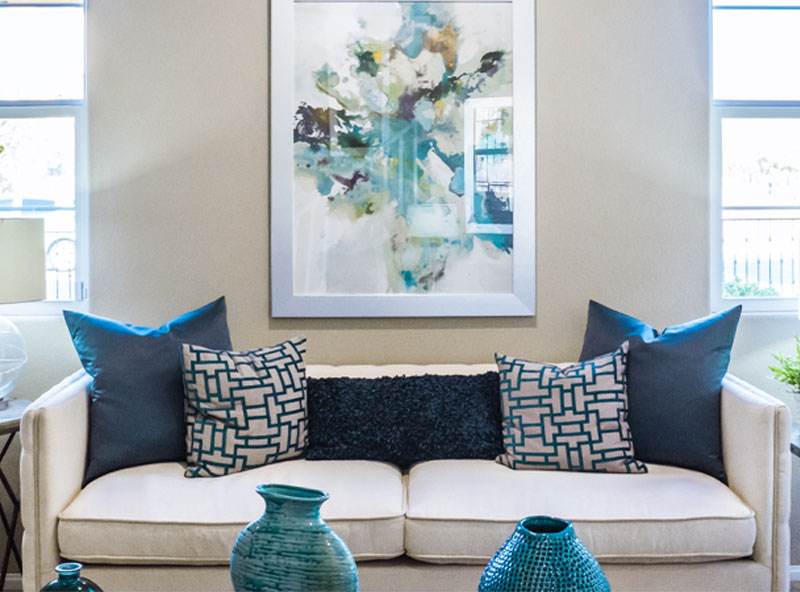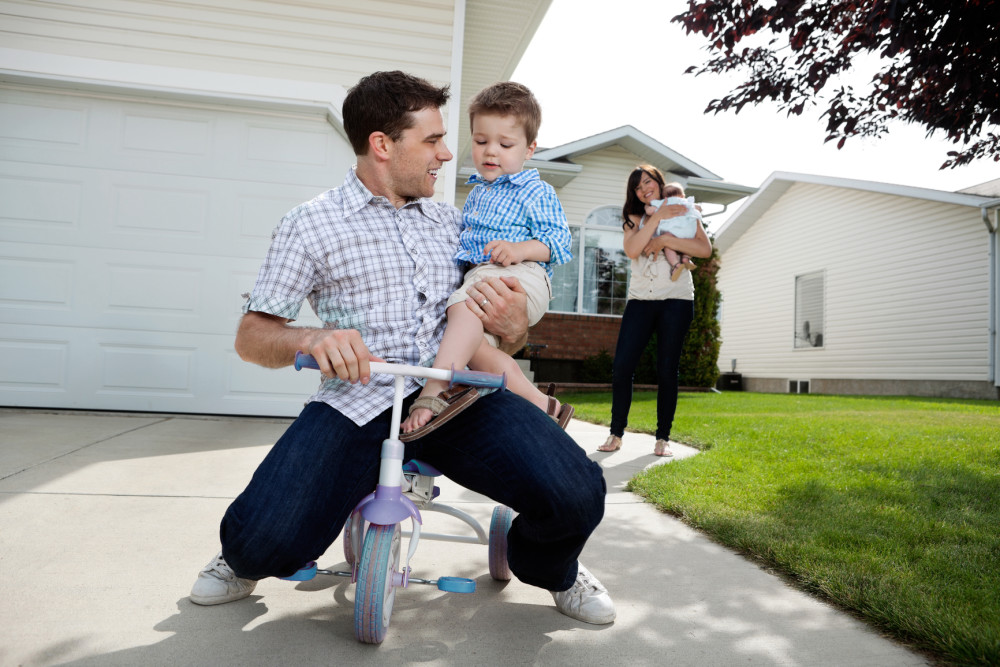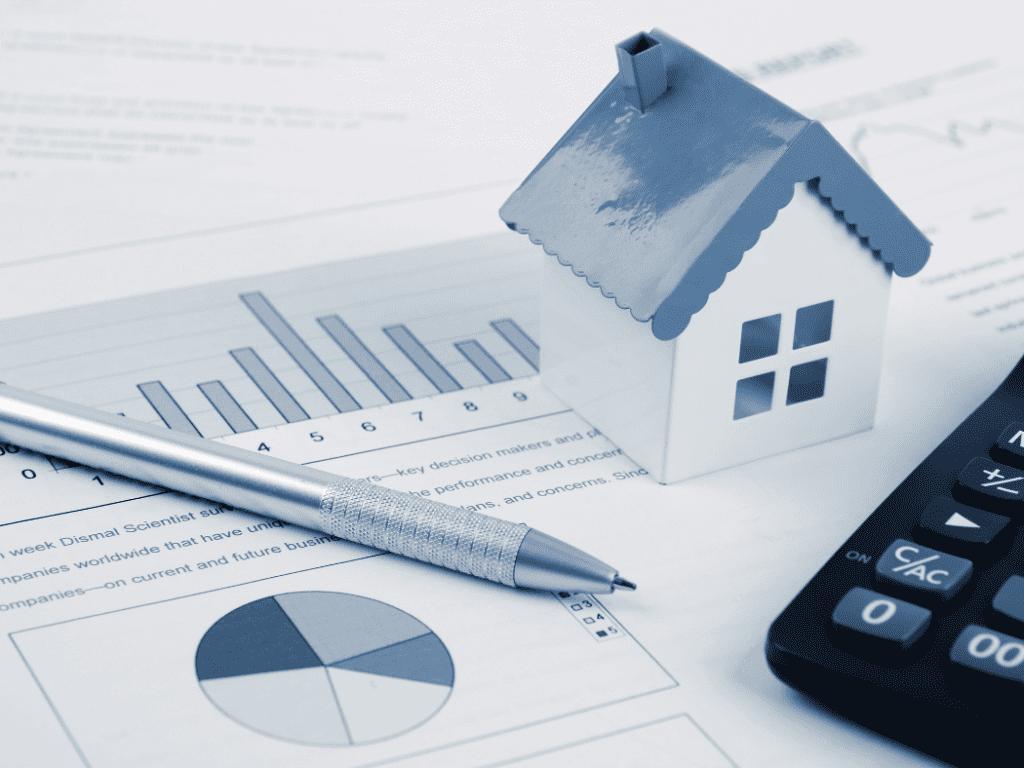
Steps To Buying a Condo In Peel
Buying a Condo in Peel: Your Dream Home Awaits
Have you been daydreaming about owning a sleek, stylish condo in Peel Region? Whether it’s the vibrant energy of Mississauga, the growing community feel of Brampton, or the natural charm of Caledon, Peel has the perfect condo waiting for you.
But before you zero in on Peel, it’s smart to look at the big picture. If you’re exploring the condo market across the Greater Toronto Area, this step-by-step guide to buying a condo in the GTA covers everything you need to know to buy smart—wherever you land.
If you’re ready to turn those daydreams into reality, let’s dive into what it takes to buy a condo in Peel and how you can make the best decision.
Is Now the Right Time to Buy a Condo in Peel?
Timing matters when it comes to buying a condo. Peel Region’s real estate market can be competitive, especially in spring when buyers are most active. If you’re looking for a smoother process, aim for the quieter seasons like winter (December or January) or summer (July and August). During these times, fewer buyers mean more opportunities and possibly better prices.
Of course, it’s not just about the market. It’s also about your readiness. If you’ve got a stable income, a solid credit score, and some savings set aside, you’re likely in a good position to invest.
Why Today’s Market is a Win for Both First-Time Buyers and Downsizers
With approximately five years of condo inventory now available across the GTA, buyers have a unique and long-awaited opportunity. Gone are the days of frantic bidding wars and rushed decisions. Whether you’re purchasing your first home or simplifying your lifestyle, this market gives you time, choice, and leverage. Here’s how each group can benefit:
First-Time Buyers: More Choice, More Time, Less Stress
If you’re a first-time buyer, this is the kind of market you’ve been hoping for. With so many units available, you no longer have to settle or overbid. Instead, you can:
-
Compare multiple listings side by side
-
Negotiate with sellers on price and conditions
-
Focus on what truly matters: location, layout, and monthly affordability
Whether you’re looking for a sleek condo in Mississauga or a budget-friendly option in Brampton, this is your chance to enter the market on your own terms.
💡 Have your finances in order? With a stable income, solid credit, and savings in place, now is a fantastic time to step into homeownership—confidently.
Downsizers: A Smart Move Just Got Smarter
Thinking about downsizing? There’s never been a better time. With increased inventory and fewer buyers competing for the same units, you can:
-
Take your time exploring the perfect fit
-
Choose from a wide variety of floor plans and locations
-
Secure better value with greater negotiation power
Whether you want a low-maintenance condo close to family or a quiet space near nature, Peel offers the selection—and flexibility—you need to transition with ease.
🧘♀️ This is your moment to simplify without compromise. Unlock your home equity and move into a space that suits your lifestyle today—not ten years ago.
💡 Pro Tip: First-time buyer? Learn how to take advantage of the RRSP Home Buyer’s Plan to boost your down payment without tax penalties.
What Type of Condo Fits Your Lifestyle?
Peel Region has a condo for every kind of buyer. Are you someone who loves the hustle and bustle? Then an apartment-style condo in Mississauga’s city centre might suit you perfectly, with amenities like gyms, pools, and concierge services.
Prefer more space and a neighbourhood vibe? Townhouse condos are an excellent option, especially in areas like Caledon and the suburban pockets of Brampton. Knowing the lifestyle you want helps narrow down your choices—whether that’s the urban energy of a high-rise or the quiet retreat of a townhouse.
Navigating the Condo Buying Process
Buying a condo is straightforward if you know what to expect. Here’s a quick breakdown:
1. Get Pre-Approved
Start by securing a mortgage pre-approval. Not only will this help you determine your budget, but it also shows sellers you’re serious—a huge plus in Peel’s competitive market. Mortgage pre-approval is a crucial first step, and the Canada Mortgage and Housing Corporation (CMHC) offers excellent resources to help you understand what’s involved and how to get started.
2. Know Your Budget and Hidden Costs
Down payments for condos usually start at 5%, but it can go up depending on the value. Don’t forget about closing costs—these can include legal fees, home inspections, condo status certificate reviews and land transfer taxes.
💸 If you’re eligible, be sure to apply for the Land Transfer Tax Rebate to save thousands at closing.
3. Understand Condo Fees
Condo living comes with maintenance fees. These cover the upkeep of common areas, building insurance, and amenities. It’s important to factor these into your monthly budget. Also, watch for potential “special assessments,” which are rare one-time fees for major repairs.
Finding the Right Professionals
Buying a condo is a big step, and it pays to have the right people on your side. A trusted REALTOR® will guide you to the best properties that meet your criteria, while a good mortgage broker can help you find the best financing options. Don’t underestimate the value of a real estate lawyer—they make sure every contract detail is clear and works in your favuor.
Setting Your Condo Criteria
Before you even begin your search, define your must-haves:
- Location: Are you drawn to downtown Mississauga or the quieter edges of Brampton?
- Amenities: Do you need a gym, a pet-friendly building, or perhaps a nearby park?
- Budget: Be realistic about what you can afford monthly, including condo fees.
Once you have these criteria, your REALTOR® can filter the options, ensuring you only see properties that match your lifestyle.
Start Your Property Search
The journey starts with finding properties that match your vision. Make use of reliable online platforms like Realtor.ca to explore available condos in Peel. With filters for location, price, and amenities, you can stay on top of new listings, ensuring that you’re the first to know when your dream condo hits the market.
Due Diligence is Key
Before you make an offer, due diligence is a must. This includes reviewing the condo’s status certificate, which gives insights into the building’s finances and any upcoming maintenance fees. It’s like a health check for your future home—making sure everything is financially stable before you sign on the dotted line.
Making an Offer and Sealing the Deal
With your finances in order and your dream condo in sight, it’s time to make an offer. Your REALTOR® will help you draft an offer that’s competitive but also protects your interests. Once accepted, finalize your mortgage, sort out your insurance, and get ready for the exciting closing day—when that condo officially becomes yours!
Thinking About Pre-Construction?
Buying a pre-construction condo in Peel can be exciting—you get a brand-new home and potentially some savings. However, it’s important to understand the risks, like construction delays or market shifts. Make sure you work with an experienced agent who can guide you through the unique aspects of pre-construction buying.
Ready to Call Peel Region Home?
Buying a condo in Peel means choosing a community that’s vibrant, growing, and filled with opportunities. Whether you’re drawn to the dynamic streets of Mississauga, the family-friendly vibe of Brampton, or the natural beauty of Caledon, there’s something here for everyone. Ready to take the first step? Reach out to us today, and let’s turn your dreams of owning a condo in Peel into reality!


